Applied Theatre and Gender Justice – Dec 9 Deadline
Applied Theatre and Gender Justice
(to be published by Routledge in 2024).
This collection of essays seeks to highlight the value and efficacy of applied theatre–both in the US and internationally–to address issues of concern for gender marginalized groups: cis-women and girls, trans people, non-binary folx, and, those who identity as female regardless of their assigned gender at birth. Performance provides a unique opportunity to work across institutions, disciplines, and communities to promote collective imagination, foster dialogue, generate knowledge-making, and prompt civic action. While the book focuses specifically on gender justice, we recognize that efforts are intersectional, such as race, disability rights or LGBTQ2S+ rights. In addition, we will consider how topics intersect with notions of masculinity. This book will document, amplify, and share lessons from practitioners and scholars who use performance (e.g., theatre, hip hop, dance, music, spoken word, ritual, performance art) to create models of collective solidarity, strengthen communities, and advocate for justice and equity. In keeping with adrienne maree brown’s concept of “pleasure activism,” we are especially interested in practices that embrace humor, playfulness, and joy.
Possible section topics include:
- Gender and climate justice
- Gender, healthcare, wellness, and reproductive rights
- Gender and education
- Gender in the workplace
- LGBTQ2S+ identity and rights
- Gender and racial justice
- Gender and economic equity
- Gender and peace efforts/conflict resolution Gender and religion
Some questions this manuscript examines include:
- What is the benefit for participants of applied performance (artistically, socially, intellectually, emotionally)?
- What are some of the key challenges of doing this work (building trust with community, centering community voice, overcoming institutional barriers or marginalization within the university), and how to overcome them?
- What are key philosophical values or commitments that underpin the work?
- What ethical values are important? What are the ethical dilemmas?
- What alternative models for collaboration exist, whether among team leaders, community partners, or across different institutions?
Applied Theatre and Gender Justice follows a unique, interactive format that expands the discourse. The book is divided into thematic sections. Each section has a series of essays that prompts a conversation around a central topic, culminating with a round table discussion. Word count ranges from 2,500-4,500. Applied Theatre and Gender Justice is the third offering in the series Applied Theatre in Context; previous books in this series are Applied Theatre with Youth: Education, Engagement, Activism (2021) edited by Brenner, Ceraso, and Cruz and the forthcoming Applied Theatre & Racial Justice: Radical Imaginings for Just Communities edited by Eunice Ferreira and Lisa Biggs.
Please submit an abstract of 250 words maximum and a bio of 200 words maximum by December 9, 2022 to AT.GenderJustice@gmail.com. For further information, email editors Lisa S. Brenner and Evelyn Diaz Cruz.
